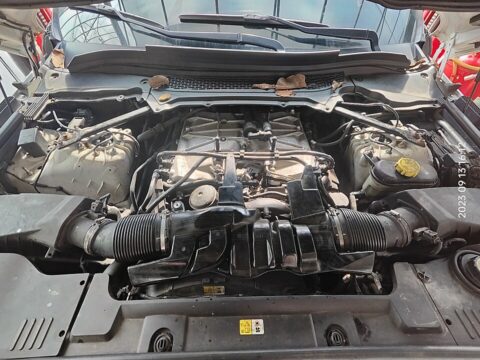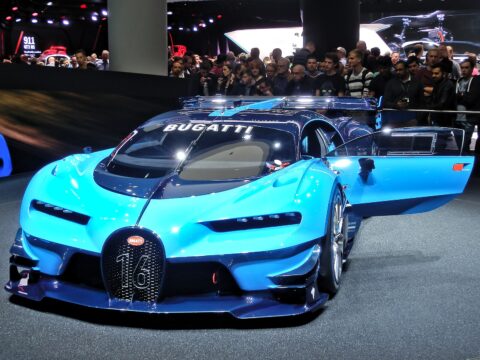Muscle cars have long been surrounded by myths and misconceptions that don’t hold true today. From their performance and design to their practicality and safety, these powerful machines have evolved far beyond the stereotypes. It’s time to clear the air and debunk some of the most common false assumptions about muscle cars. Let’s set the record straight on what these vehicles are really all about.
Contents
Muscle Cars Are Only About Speed
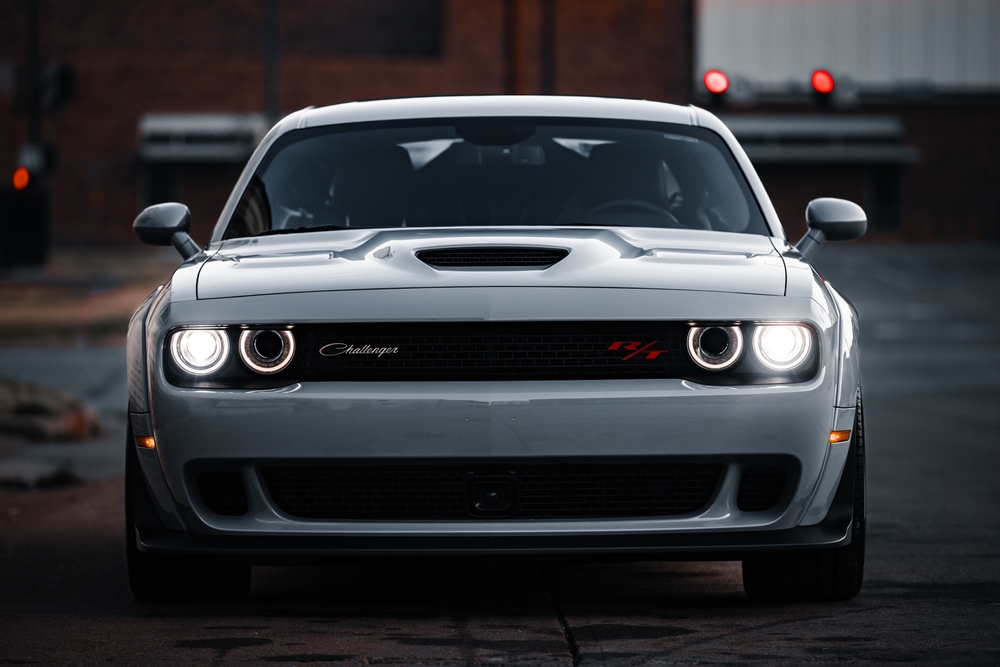
While muscle cars are often associated with sheer power and speed, they offer much more than that. Modern models are designed with a focus on comfort, handling, and luxury, making them suitable for daily use as well as high-performance driving. For example, the Dodge Challenger blends power with advanced tech features like adaptive cruise control and touchscreen infotainment. These cars are versatile, serving both the thrill-seeker and the practical commuter.
All Muscle Cars Are Gas Guzzlers
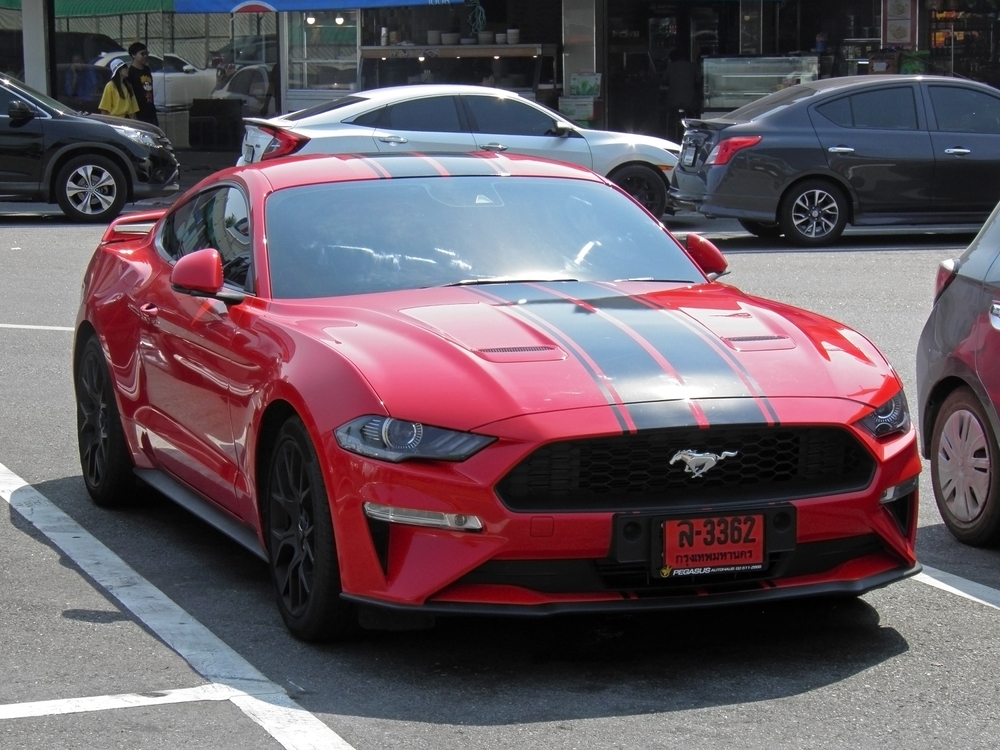
The idea that all muscle cars consume massive amounts of fuel is outdated. Thanks to advancements in engine technology, many newer models have become more fuel-efficient. The Ford Mustang EcoBoost, for instance, can achieve up to 30 mpg on highways, proving that performance and efficiency can coexist. With improved fuel management systems, today’s muscle cars don’t deserve their gas-guzzling reputation.
Muscle Cars Can’t Handle Curves
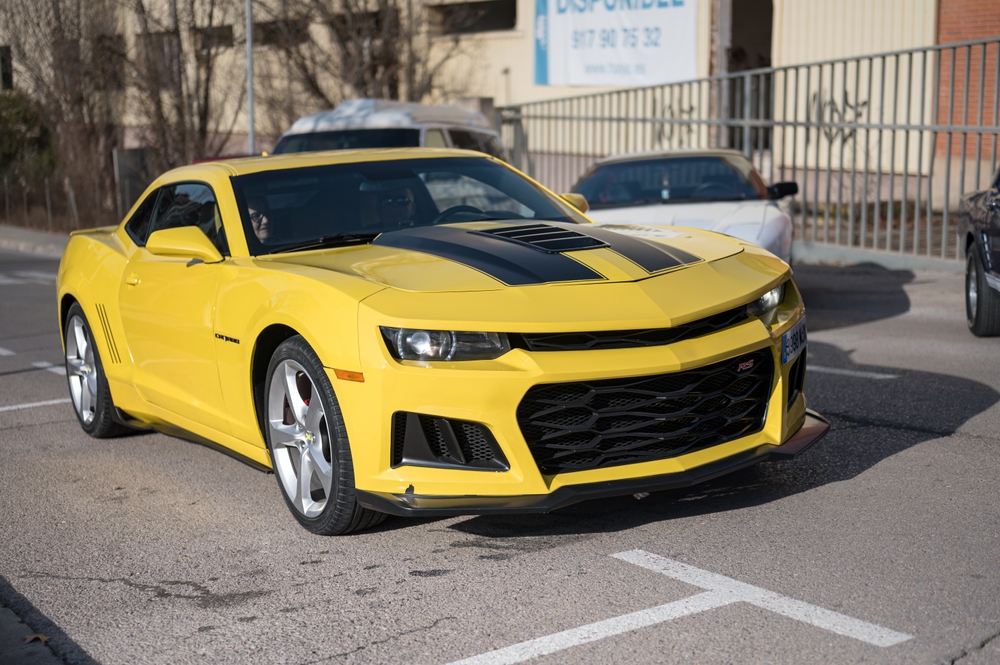
It’s a misconception that muscle cars are only designed for straight-line speed and can’t handle curves. Modern muscle cars, like the Chevrolet Camaro and Ford Mustang, are equipped with advanced suspension systems that make them highly capable on twisty roads. Features such as magnetic ride control allow for precise handling, even during sharp turns. Muscle cars are now more versatile, excelling in both straight-line performance and agile cornering.
Muscle Cars Are Unreliable
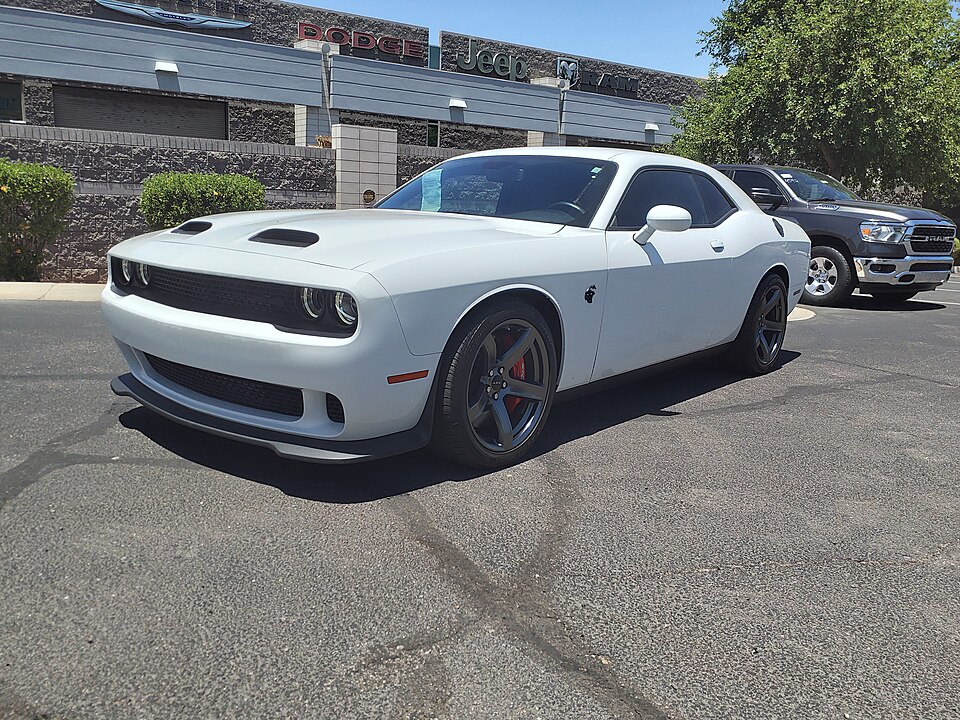
Many still believe that muscle cars are unreliable, prone to frequent mechanical failures. However, today’s muscle cars have benefited from significant improvements in build quality and technology. Brands like Dodge and Chevrolet have made strides in ensuring better durability, offering longer warranties and improved reliability scores.
All Muscle Cars Are Two-Door Vehicles
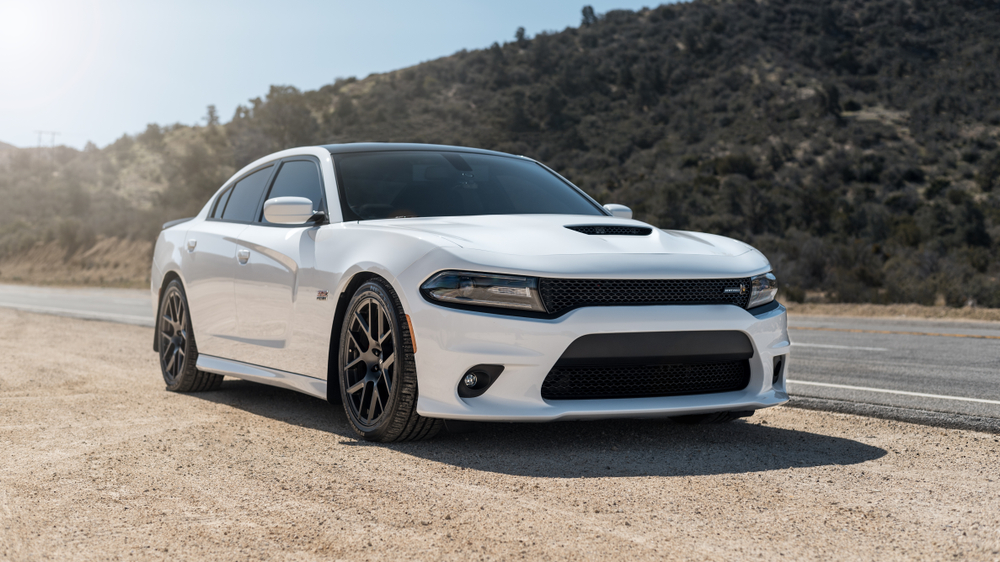
When people think of muscle cars, they often picture two-door coupes, but this isn’t always the case. Models like the Dodge Charger offer four-door configurations without compromising on power. These four-door muscle cars cater to those who need more space for passengers or cargo while still delivering a thrilling performance. The myth that muscle cars are always two-door is simply not accurate anymore.
You Have to Spend a Fortune to Own a Muscle Car
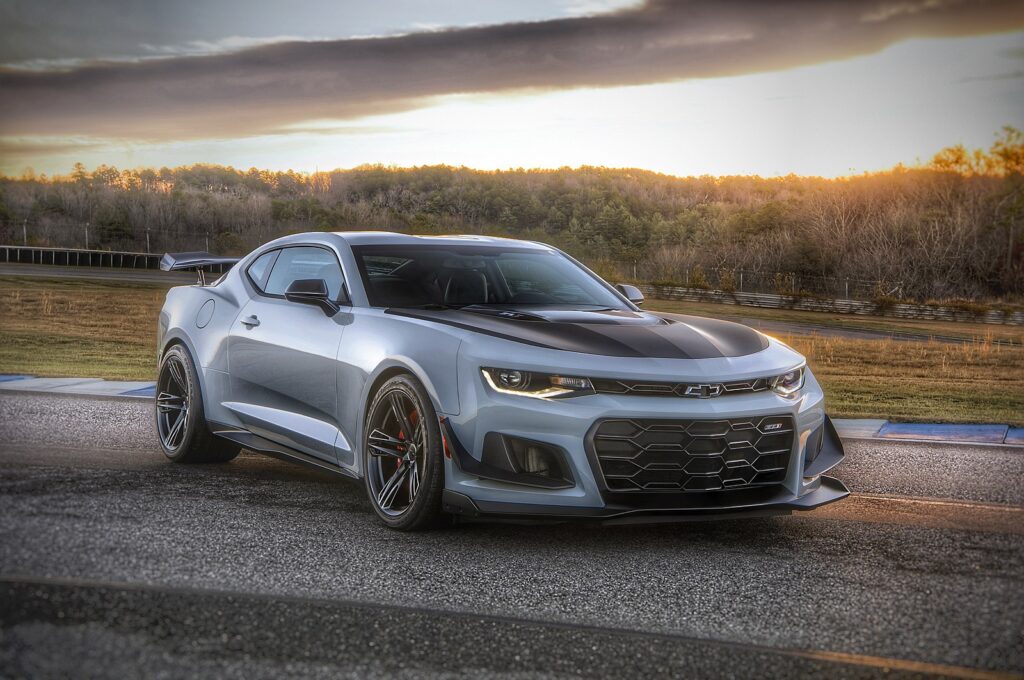
Muscle cars have a reputation for being expensive, but many entry-level models are actually quite affordable. The Ford Mustang and Chevrolet Camaro, for example, are priced similarly to midsize sedans, making them accessible to a wider range of buyers. Additionally, used muscle cars provide another cost-effective option for those seeking performance on a budget.
Muscle Cars Are Unsafe
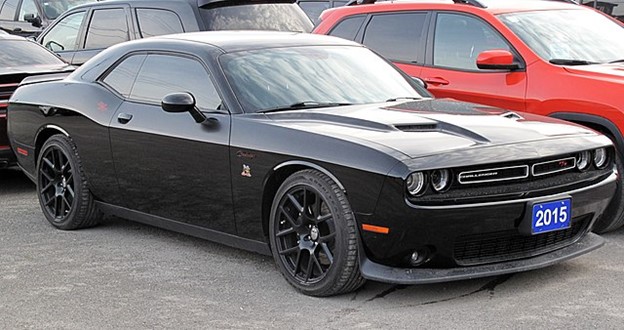
The assumption that muscle cars are unsafe is based on their powerful engines, but modern safety features tell a different story. Today’s muscle cars come equipped with advanced safety systems like stability control, multiple airbags, and collision warning technologies. The Dodge Challenger even offers optional safety packages that include features like blind-spot monitoring. Muscle cars are built with safety in mind, ensuring that performance doesn’t come at the cost of driver protection.
Only Men Drive Muscle Cars

Muscle cars have historically been marketed toward men, but they are no longer exclusive to male drivers. Increasingly, women are embracing muscle cars for their combination of style, power, and performance. In fact, female ownership of vehicles like the Ford Mustang is steadily rising, proving that muscle cars appeal to a diverse audience. The stereotype of muscle cars being a “man’s car” is becoming less and less relevant.
Muscle Cars Are Outdated
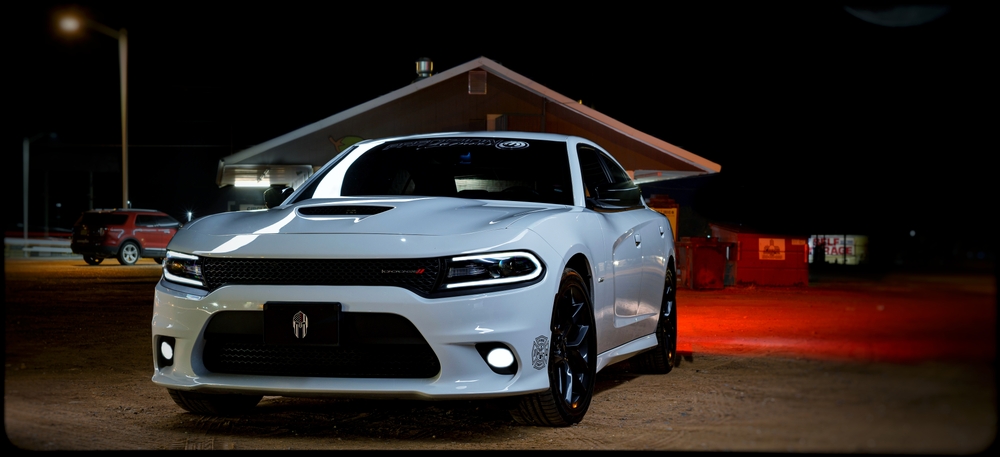
It’s often said that muscle cars are relics of the past, but this couldn’t be further from the truth. Modern muscle cars feature cutting-edge technology, including touchscreen infotainment systems, advanced driver assistance features, and improved fuel efficiency. Vehicles like the Dodge Charger come with everything from adaptive cruise control to wireless phone charging, blending performance with modern conveniences. Muscle cars have evolved, integrating both performance and technology seamlessly.
Muscle Cars Are Only for Car Enthusiasts

Some believe that only car enthusiasts can fully appreciate muscle cars, but many models are designed with the average driver in mind. With automatic transmissions, driver assistance technologies, and customizable driving modes, muscle cars like the Chevrolet Camaro are accessible to a wide range of drivers. You don’t need to be a mechanic or gearhead to enjoy the experience of driving one. Today’s muscle cars cater to casual drivers and performance lovers alike.
They Are Too Difficult to Drive
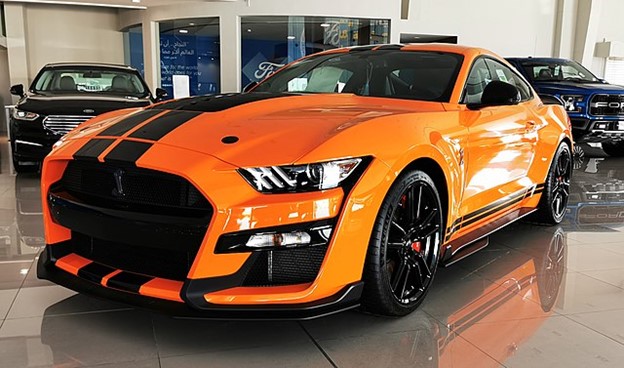
Many assume that muscle cars are too powerful and therefore difficult to handle, but that’s no longer the case. Thanks to features like traction control, adjustable drive modes, and modern suspension systems, cars like the Dodge Challenger can be driven with ease. These advancements make muscle cars as suitable for beginners as they are for seasoned drivers. Driving a muscle car today is more accessible than ever before, even for those who’ve never driven a high-performance vehicle.
They Have Poor Resale Value
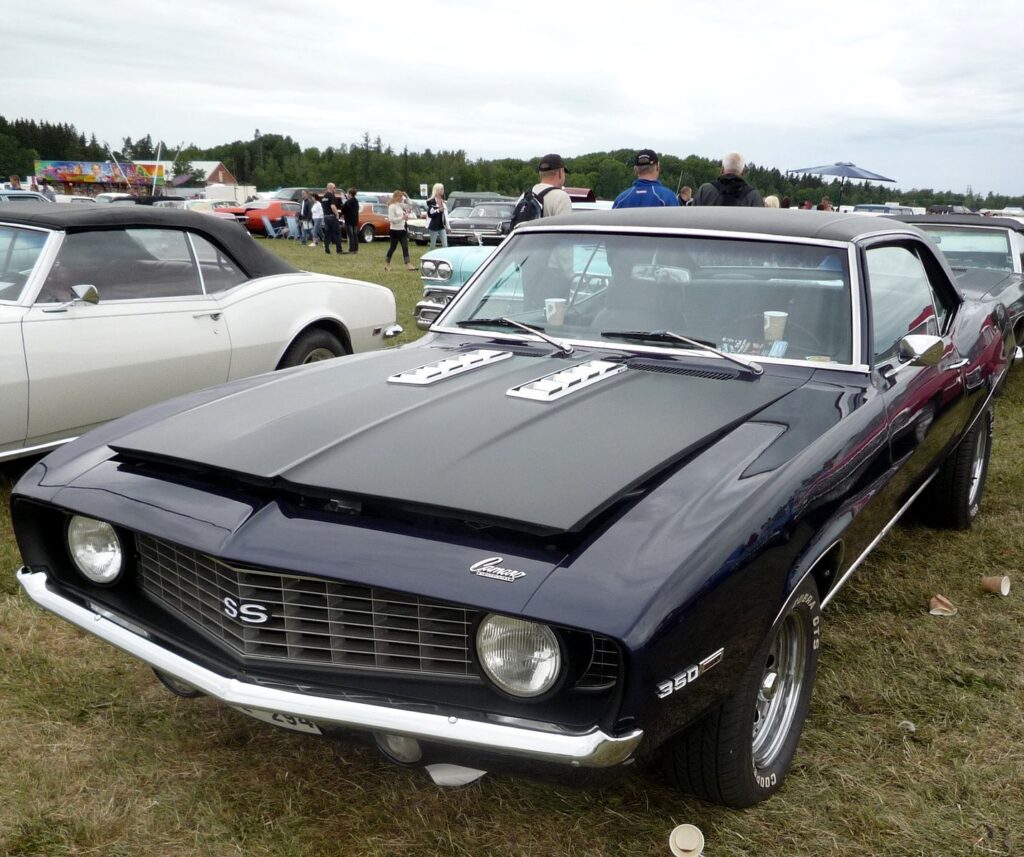
It’s often assumed that muscle cars depreciate quickly, but many models actually hold their value quite well. The Ford Mustang and Chevrolet Camaro, for example, are known for their strong resale value, especially when well-maintained. Additionally, limited-edition models can even appreciate in value over time. The belief that muscle cars are poor investments doesn’t align with current market trends.
Muscle Cars Are Only Made in America
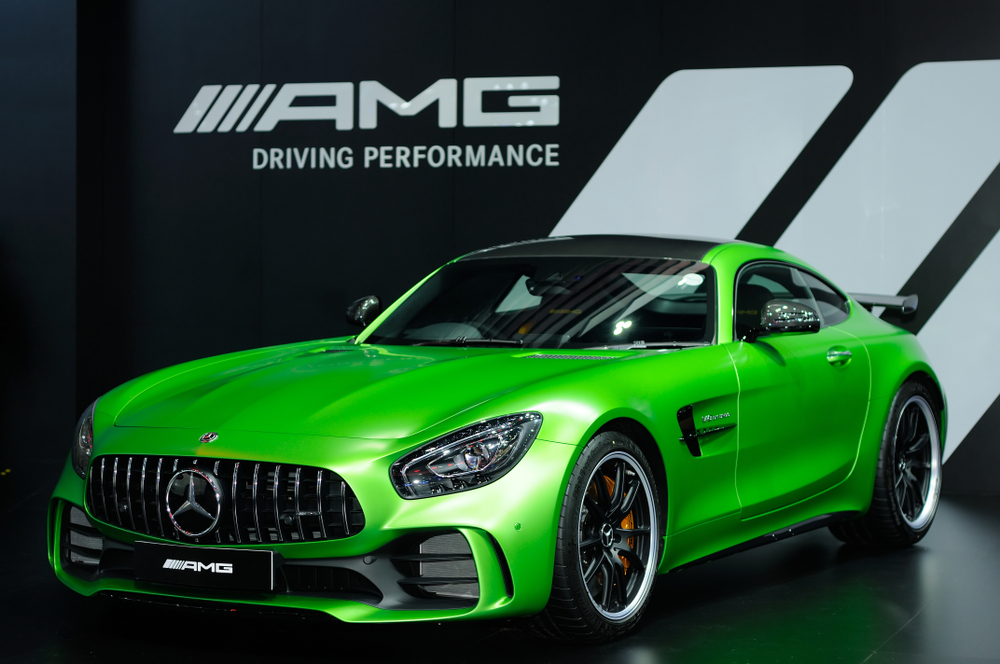
Muscle cars are often associated with American brands, but they’re not exclusive to the U.S. Australian car manufacturer Holden and European companies like Mercedes-AMG have also produced muscle cars. These international models deliver the same power and performance that American brands are known for, broadening the muscle car market. Muscle cars are now a global phenomenon, proving that performance knows no borders.
Only Older Drivers Appreciate Muscle Cars
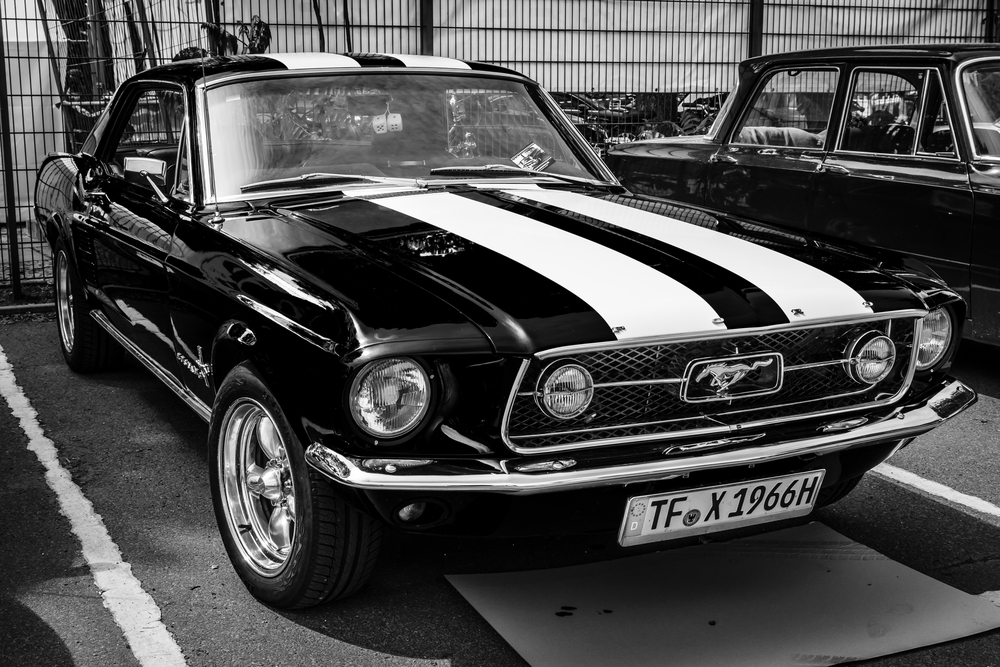
While older generations may have grown up with muscle cars, younger drivers are increasingly embracing them. Thanks to modern design updates and tech features, cars like the Ford Mustang appeal to Millennials and Gen Z buyers as much as they do to older enthusiasts. Muscle cars’ blend of nostalgia and innovation makes them popular across all age groups.
Muscle Cars Are Terrible for the Environment
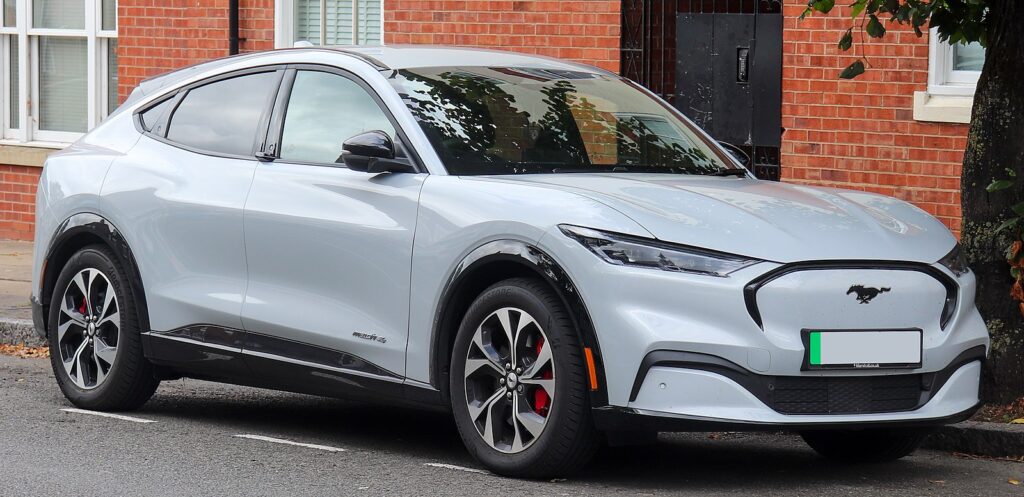
It’s easy to assume that muscle cars are harmful to the environment, but newer models are proving otherwise. Cars like the Ford Mustang Mach-E, an all-electric muscle car, offer high performance without the emissions of traditional gas-powered engines. Hybrid versions of muscle cars are also becoming more common, reducing their environmental impact. These advancements show that muscle cars can go green without sacrificing power.
All Muscle Cars Have the Same Engine
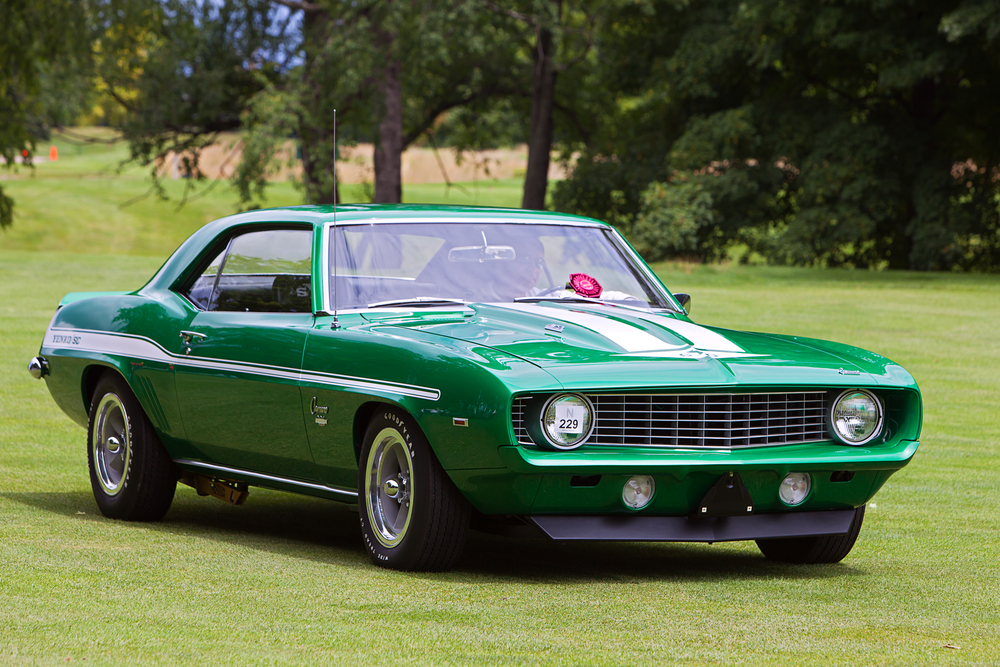
Not every muscle car comes with a massive V8 engine, contrary to popular belief. Today’s muscle cars offer a variety of engine options, from turbocharged four-cylinder engines to powerful V6s. For instance, the Chevrolet Camaro provides several engine choices, allowing drivers to pick one that suits their performance needs and fuel efficiency goals. The assumption that all muscle cars are built the same is no longer accurate.
You Can’t Customize a Muscle Car
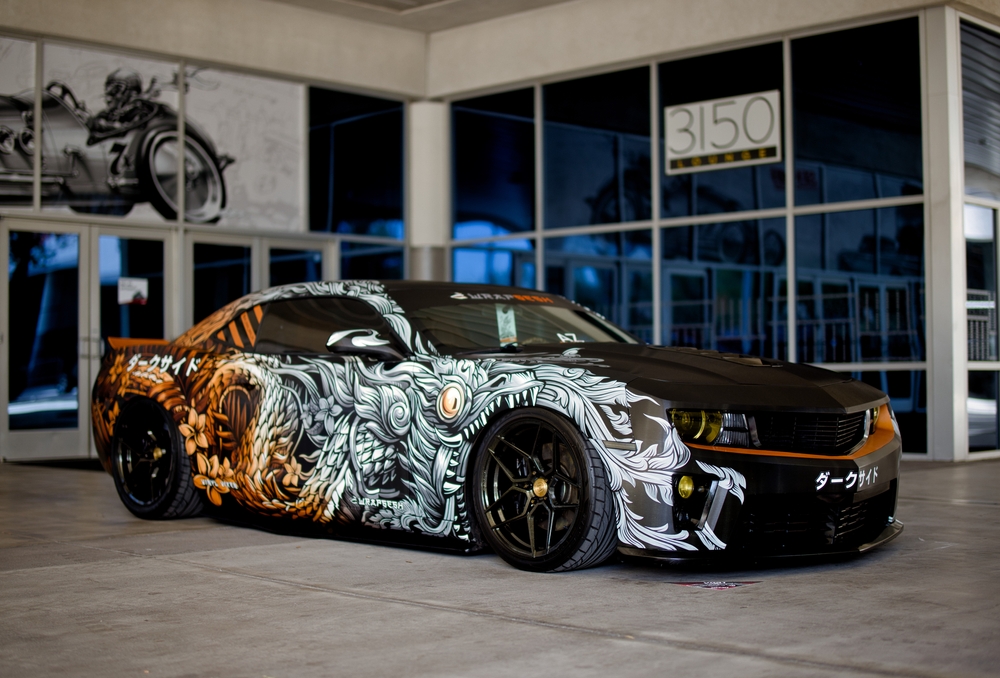
Some may think that customization is limited in muscle cars, but in reality, they are some of the most customizable vehicles available. Whether it’s performance upgrades, body modifications, or interior enhancements, muscle car owners have endless options to make their cars unique. Brands like Dodge and Ford even offer factory customization programs. Muscle cars are perfect for those who want to make a bold, personalized statement.
This article originally appeared in MyCarMakesNoise.
More from MyCarMakesNoise
20 Timeless JDM Cars Every Enthusiast Dreams of Owning
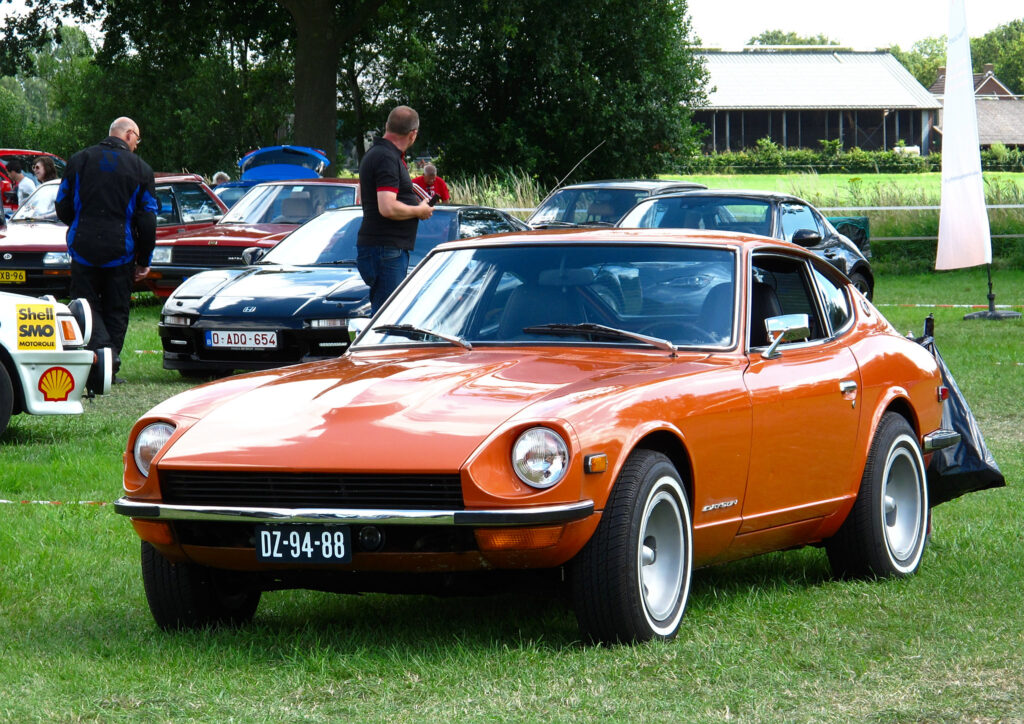
Vintage JDM (Japanese Domestic Market) cars have a unique charm and timeless appeal. Known for their style, performance, and innovation, these classic Japanese cars have captured the hearts of car enthusiasts worldwide. Read More.
7 Compact Camper Vans for Epic Weekend Adventures

Planning an epic weekend adventure? Look no further than compact camper vans. These versatile and efficient vehicles offer the perfect blend of convenience and comfort, making them ideal for short getaways. Read More.
10 Hybrid Vehicles with the Fastest Depreciation Rates
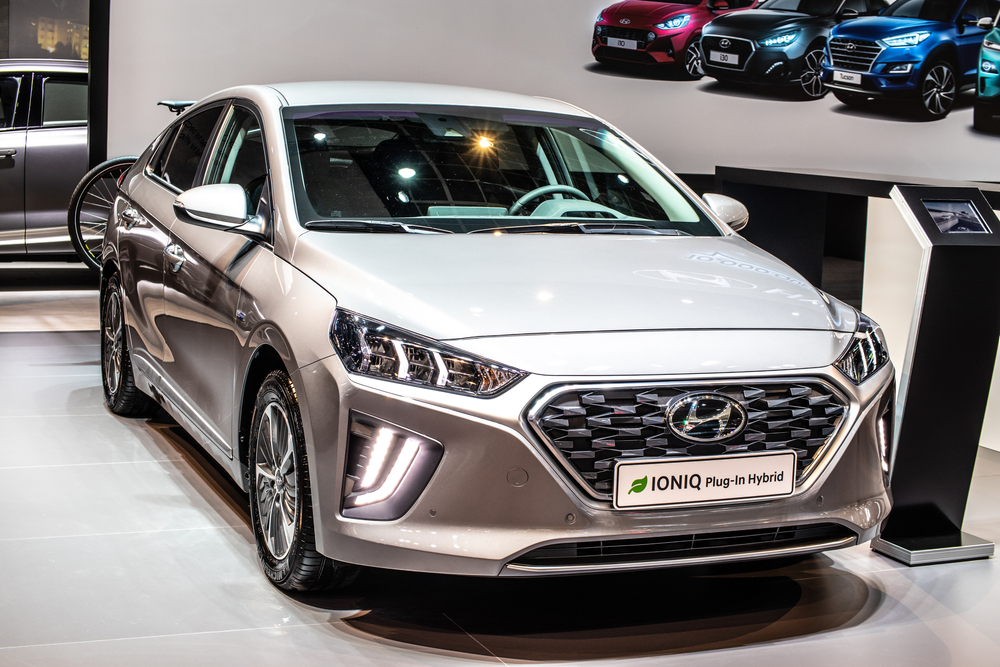
Hybrid vehicles blend the efficiency of electric power with the reliability of gasoline engines, offering a compelling choice for environmentally conscious drivers looking to reduce their carbon footprint. Read More.


